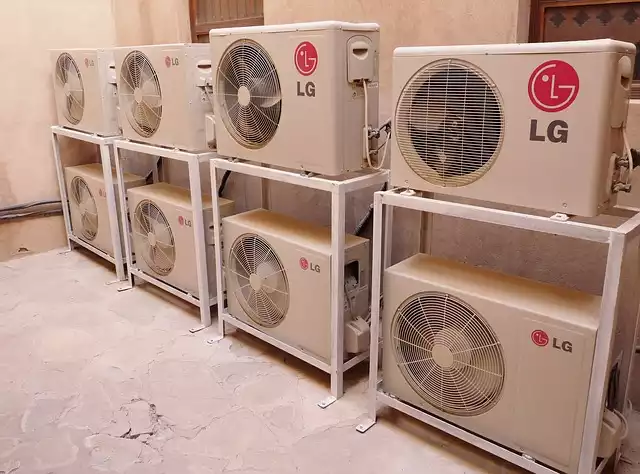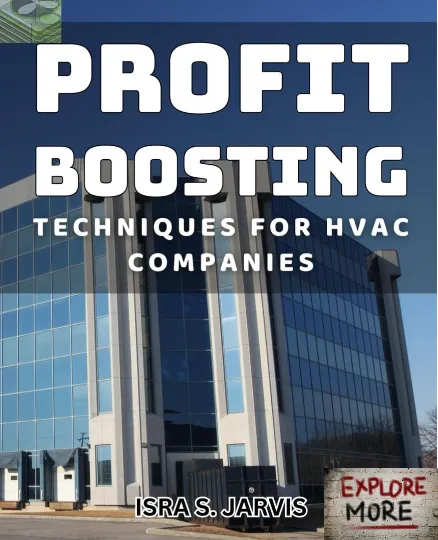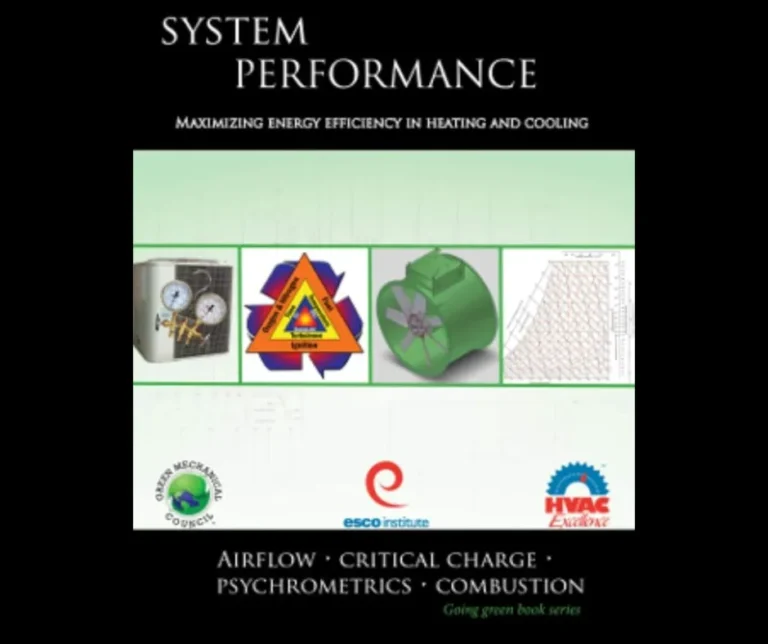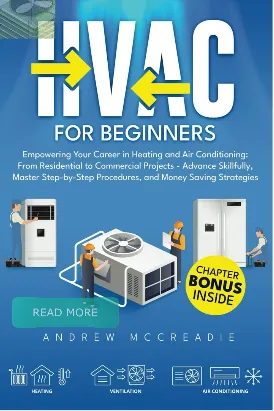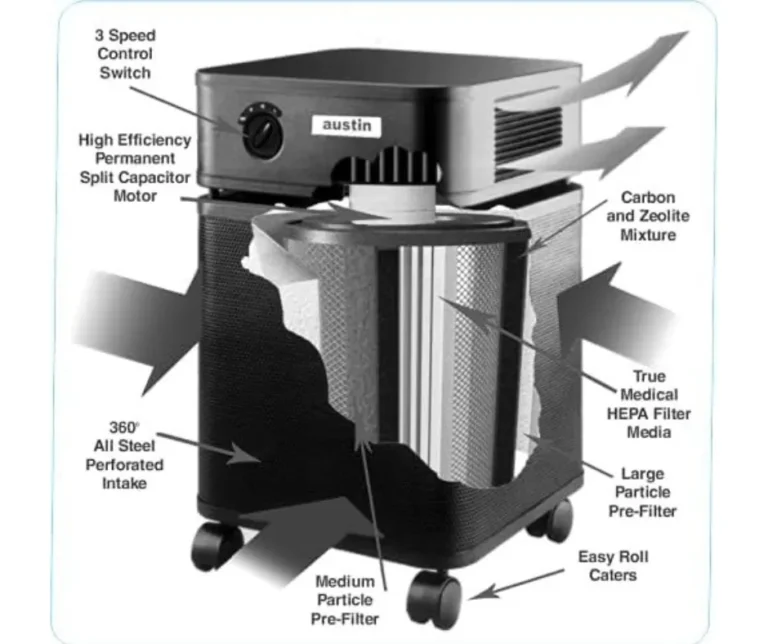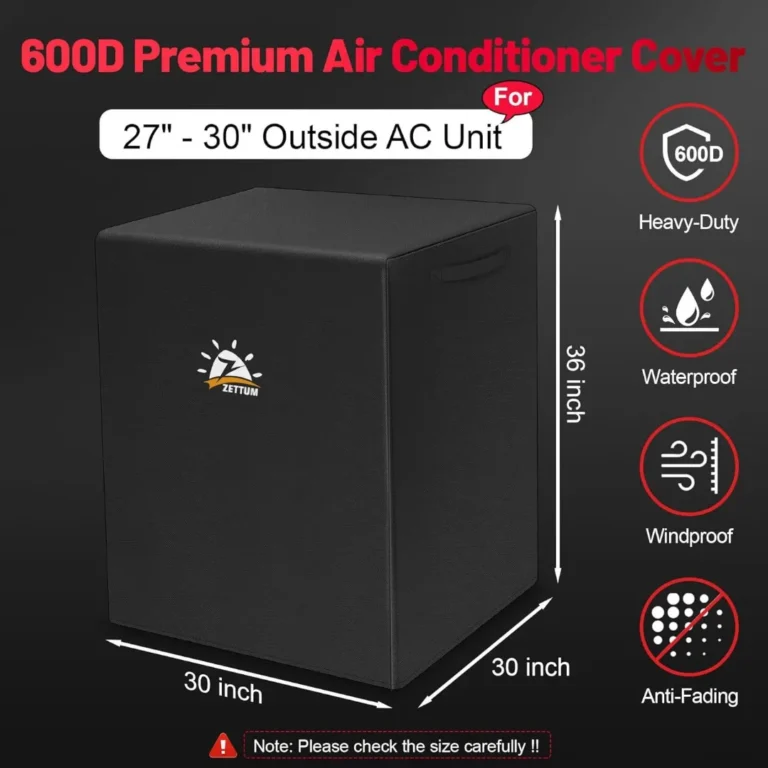Have the Knowledge for HVAC Helper Jobs
As you embark on a career in the heating, ventilation, and air conditioning (HVAC) field, grasping the essential knowledge needed for HVAC helper jobs is crucial to your success.
In an industry that is continually evolving with technological advancements and energy efficiency standards, understanding the fundamentals of HVAC systems can set the foundation for your professional growth.
This introductory guide will equip you with the core competencies and practical skills required for entry-level positions to Have the Knowledge for HVAC Helper Jobs, ensuring you stand out to potential employers.
From basic system operations and troubleshooting techniques to safety protocols and customer service skills, the knowledge you gain will not only enhance your capabilities but also position you as a reliable asset within any HVAC team.
Additionally, you will discover the importance of obtaining relevant certifications and training that can further bolster your expertise and career prospects.
Whether you are just starting or looking to refine your skills, this article will provide you with valuable insights and actionable steps to help you thrive in the dynamic HVAC industry.
By investing time in learning and developing your skills, you are taking the first important steps toward a rewarding and sustainable career in HVAC.
Table of Contents Have the Knowledge for HVAC Helper Jobs
Utilize Audel HVAC Pocket Reference effectively
The Audel HVAC Pocket Reference serves as an invaluable tool for professionals in the HVAC field, offering quick answers when you need them most.
By familiarizing yourself with its layout and content, you can efficiently locate critical information, such as conversion tables that simplify the process of converting measurements and values.
This resource also includes essential electrical formulas, ensuring you have the necessary calculations at your fingertips for various HVAC applications.
Understanding pipe thread standards is another key aspect, and the pocket reference provides clarity on these specifications, which is vital for ensuring proper installations and repairs.
To maximize the usefulness of the Audel HVAC Pocket Reference, consider keeping it accessible during your daily tasks or at your workstation.
Regularly reviewing its contents will enhance your familiarity with the information and enable you to apply it swiftly in practical scenarios.
Whether you are troubleshooting systems or performing installations, this compact guide supports your efforts by streamlining the decision-making process and enhancing your overall efficiency in the field.
Access quick answers when needed
find yourself troubleshooting a system or planning a new installation, having immediate access to critical data can significantly streamline your workflow.
The inclusion of conversion tables within the reference allows you to handle measurements with precision, eliminating the risk of errors that can occur when relying solely on memory or estimations.
Furthermore, being well-versed in essential electrical formulas equips you to make informed decisions on the spot, enhancing both your confidence and efficiency in the field.
In addition, understanding pipe thread standards is fundamental to ensuring system compatibility and functionality.
With the Audel HVAC Pocket Reference at your side, you can quickly confirm specifications, preventing potential issues that may arise from misalignment or improper fittings.
By integrating this resource into your daily routine, you not only save time but also bolster your professional competence, making you a valuable asset in any HVAC project.
Familiarize yourself with conversion tables
Utilizing conversion tables is an essential practice that can greatly enhance your efficiency and accuracy in HVAC tasks.
These tables provide you with rapid access to critical data, whether you need to convert units of measurement or compare various parameters.
By familiarizing yourself with these tables, you ensure that you can quickly translate between different systems, whether it be converting temperature measurements or calculating airflow rates.
This immediate access to vital information allows you to make precise adjustments on-site, ultimately leading to better system performance and customer satisfaction.
Incorporating conversion tables into your workflow complements your understanding of electrical formulas and pipe thread standards.
The Audel HVAC Pocket Reference serves as an invaluable tool, allowing you to reference these conversions seamlessly while you work.
By developing a strong grasp of these tables, you mitigate the risks of errors, enhance your problem-solving capabilities, and position yourself as a knowledgeable professional in the HVAC field.
This proactive approach not only elevates your skill set but also underscores your commitment to excellence in your role.
Understand essential electrical formulas thoroughly
Familiarity with essential electrical formulas is crucial for effective problem-solving and system design in HVAC applications.
Mastering these formulas allows you to calculate important parameters such as voltage, current, resistance, and power, enabling you to diagnose issues and optimize performance accurately.
Being well-versed in these calculations not only aids in selecting the right components but also enhances your troubleshooting skills, ensuring that you can address electrical problems efficiently when they arise.
The Audel HVAC Pocket Reference can serve as a vital resource in this area, providing quick access to various electrical formulas whenever you need them.
Integrating this knowledge with your understanding of conversion tables and pipe thread standards equips you with a comprehensive toolkit, enabling you to tackle a wide range of tasks with confidence.
By thoroughly understanding these essential concepts, you position yourself as a reliable asset in the HVAC field, capable of delivering high-quality service and solutions.
Learn pipe thread standards for accuracy
Understanding pipe thread standards is essential for ensuring accurate connections and leak-free installations in HVAC systems.
Familiarity with these standards allows you to select the appropriate pipes, fittings, and tools for the job, minimizing the risk of mistakes that could lead to costly repairs or system failures.
Proper thread engagement not only enhances the integrity of the system but also boosts overall efficiency, making your work more reliable.
Utilizing resources like the Audel HVAC Pocket Reference can provide you with quick and accessible information regarding these standards.
By referencing conversion tables alongside your knowledge of pipe threads, you can streamline your workflow and improve precision when working with various pipe sizes and materials.
This level of expertise not only enhances your technical capabilities but also builds trust with clients and coworkers, solidifying your role as a competent HVAC professional.
Refer to Audel for troubleshooting guidance
When faced with complex challenges in HVAC systems, having access to reliable troubleshooting guidance is invaluable.
The Audel HVAC Pocket Reference serves as an essential tool, offering answers when you need them, enabling you to diagnose issues efficiently.
Whether you are dealing with electrical failures or performance discrepancies, this resource can guide you through practical solutions and best practices.
Additionally, familiarizing yourself with electrical formulas contained within the Audel guide can enhance your problem-solving skills, allowing you to understand the underlying mechanics of HVAC systems better.
By leveraging this knowledge alongside conversion tables, you can quickly interpret data and make informed decisions that result in effective repairs and maintenance.
This proactive approach not only saves time but also ensures that you are equipped to handle a wide range of HVAC challenges with confidence.
Master key HVAC concepts and terminology
Understanding key HVAC concepts and terminology is crucial for effective communication and operation within the field.
Familiarity with terms related to heat transfer, airflow, and system design will empower you to engage meaningfully with colleagues and clients.
This foundational knowledge will facilitate collaboration and ensure that you can accurately convey technical information when troubleshooting or discussing system performance.
Moreover, integrating this vocabulary with practical resources like the Audel HVAC Pocket Reference can greatly enhance your efficiency on the job.
Utilizing conversion tables and pipe thread standards, for instance, provides you with the tools needed to navigate common calculations and specifications with ease.
By mastering these essential concepts, you will not only boost your confidence but also position yourself as a knowledgeable asset within any HVAC team.
Keep your reference materials organized efficiently
Efficient organization of your reference materials is key to maximizing your productivity and ensuring quick access to vital information.
By keeping resources like the Audel HVAC Pocket Reference readily available, you can swiftly find answers when you need them, reducing downtime and enhancing your effectiveness in the field.
Develop a systematic approach to categorize and store your materials—whether digital or physical—so that you can easily retrieve essential conversion tables, electrical formulas, and pipe thread standards without unnecessary delays.
Consider creating a dedicated binder or digital folder that consolidates all relevant documents, guides, and formulas.
This method not only streamlines your workflow but also reinforces your understanding of critical concepts, allowing you to reference them with greater confidence.
Ultimately, well-organized materials will support your ongoing learning and enable you to respond efficiently to challenges as they arise in your HVAC projects.
Practice calculations for real-world applications
Integrating theoretical knowledge with practical calculations is essential for success in HVAC helper roles.
By familiarizing yourself with real-world applications, you enhance your ability to apply conversion tables, electrical formulas, and pipe thread standards effectively.
This hands-on approach allows you to tackle challenges confidently, whether you’re determining the appropriate pipe size for a system or calculating load requirements.
The more you practice these calculations, the more efficient you will become, ultimately improving your ability to deliver high-quality service.
Utilizing resources such as the Audel HVAC Pocket Reference can further streamline your learning process.
This compact guide serves as a quick reference for crucial calculations and standards, allowing you to focus on solving problems rather than searching for information.
By regularly engaging in practice scenarios and utilizing these resources, you will strengthen your problem-solving skills and ensure that you can provide reliable solutions in real-time situations.
Enhance your skills for HVAC jobs
g abilities and deepen your understanding of HVAC systems.
The convenience of having answers at your fingertips allows you to quickly reference essential information, which is particularly beneficial in fast-paced work environments.
Whether you’re on a job site or in a training session, leveraging this handy resource will not only enhance your technical skills but also build your confidence in executing complex tasks.
As you continue to expand your skill set, consider immersing yourself in various HVAC projects that challenge you to apply what you’ve learned.
Engaging in practical experiences will help you solidify your knowledge of electrical formulas and the proper use of conversion tables.
Each project presents an opportunity to refine your skill set and gain insights that may not be covered in textbooks.
With dedication and the right resources, you can position yourself as a competent and reliable member of any HVAC team.
In conclusion, equipping yourself with the essential knowledge and skills for HVAC helper jobs is crucial for your success in this dynamic field.
By understanding the fundamentals of heating, ventilation, and air conditioning systems, as well as prioritizing safety protocols and effective communication, you position yourself as a valuable asset to potential employers.
Embrace opportunities for hands-on experience and continuous learning, as these will not only enhance your technical abilities but also build your confidence in the workplace.
As you embark on your journey in the HVAC industry, remember that your dedication to mastering these skills will pave the way for a rewarding and fulfilling career.

